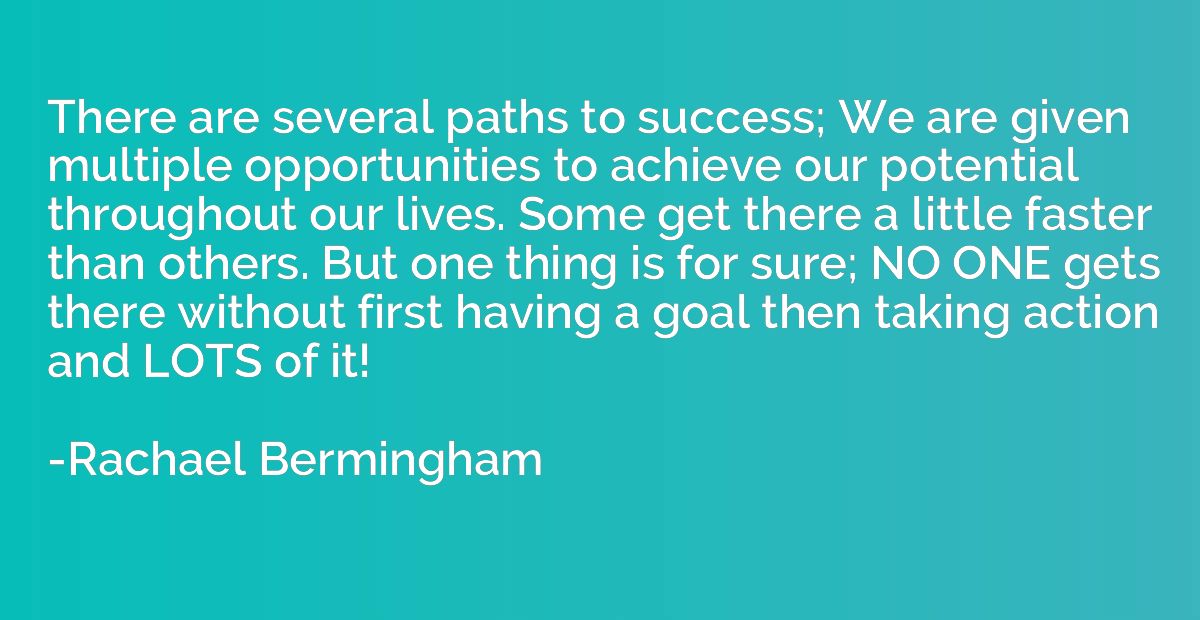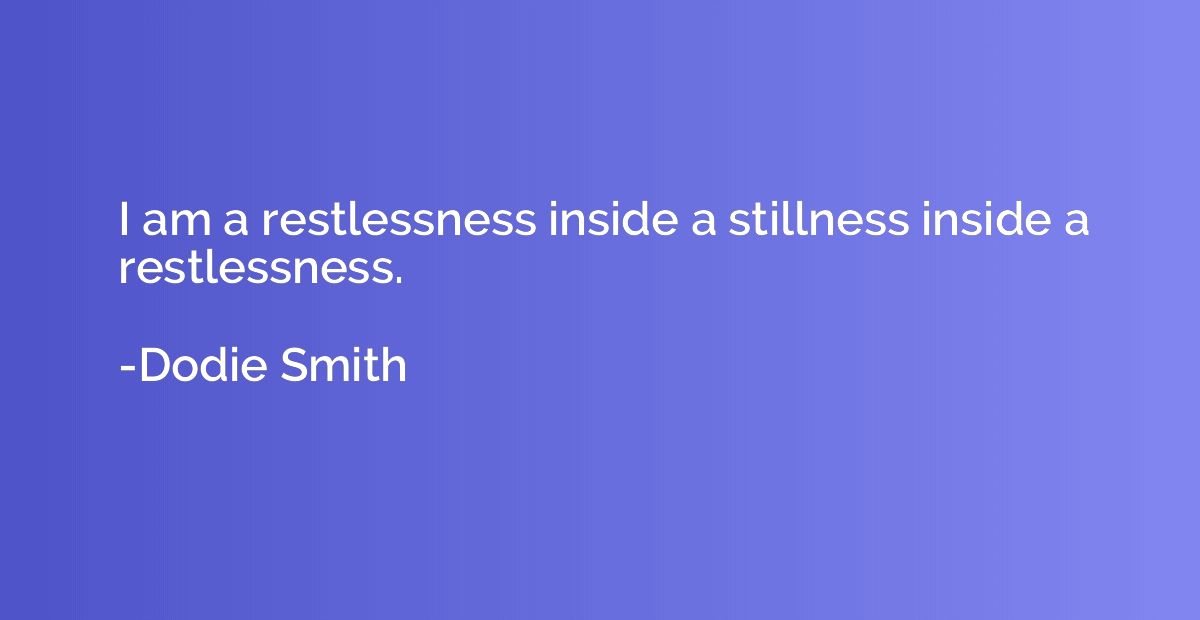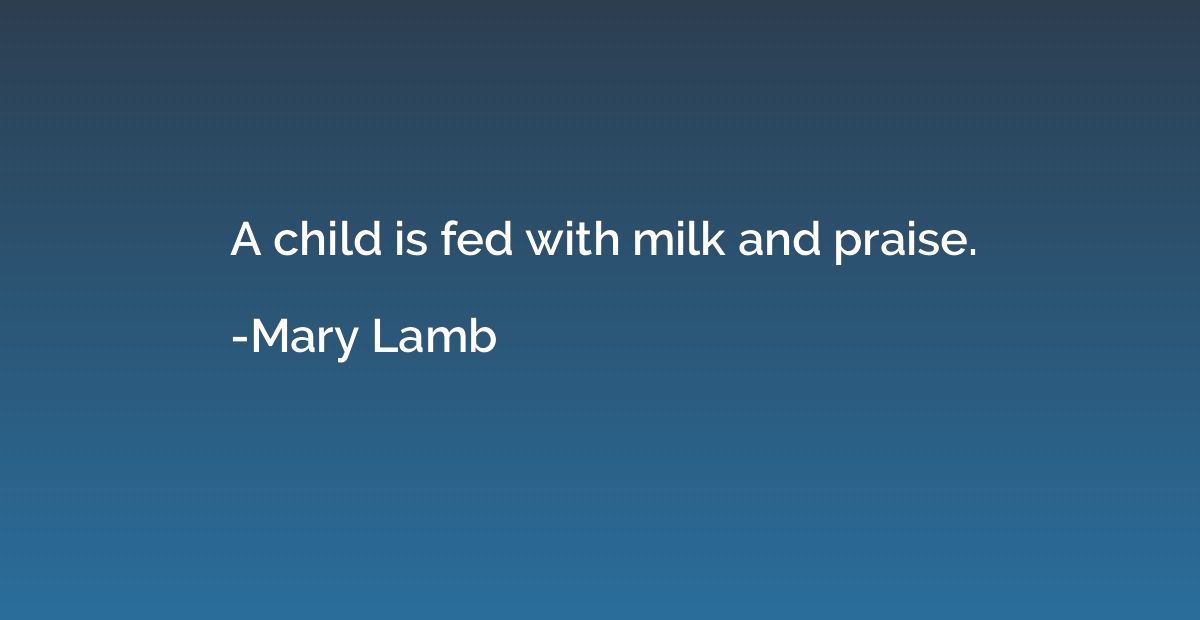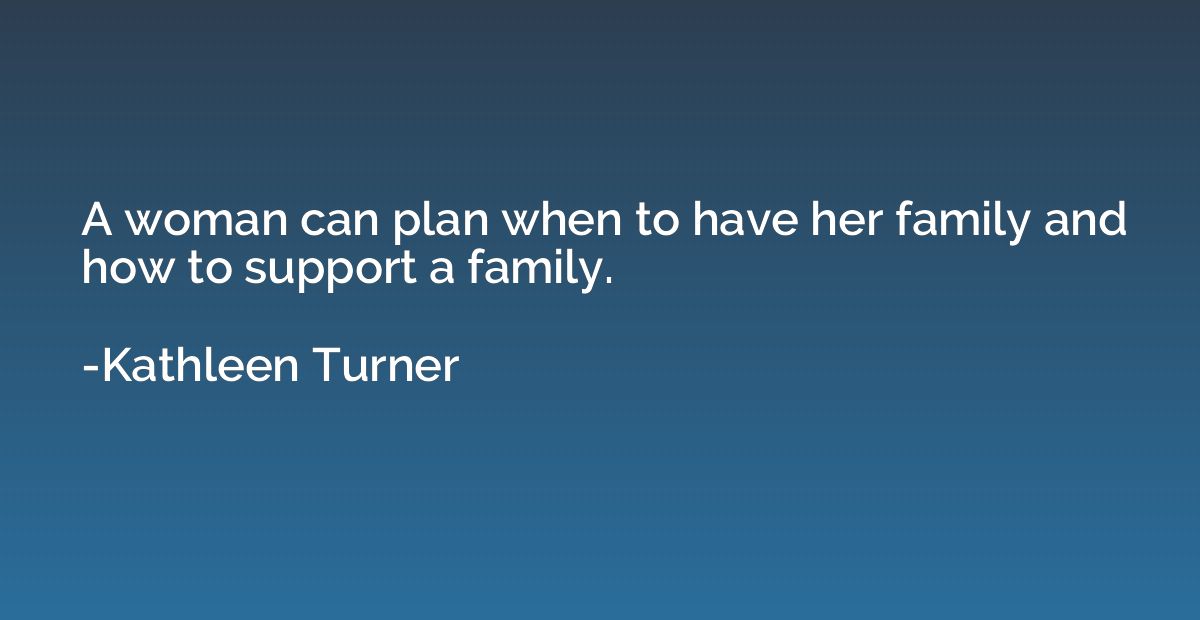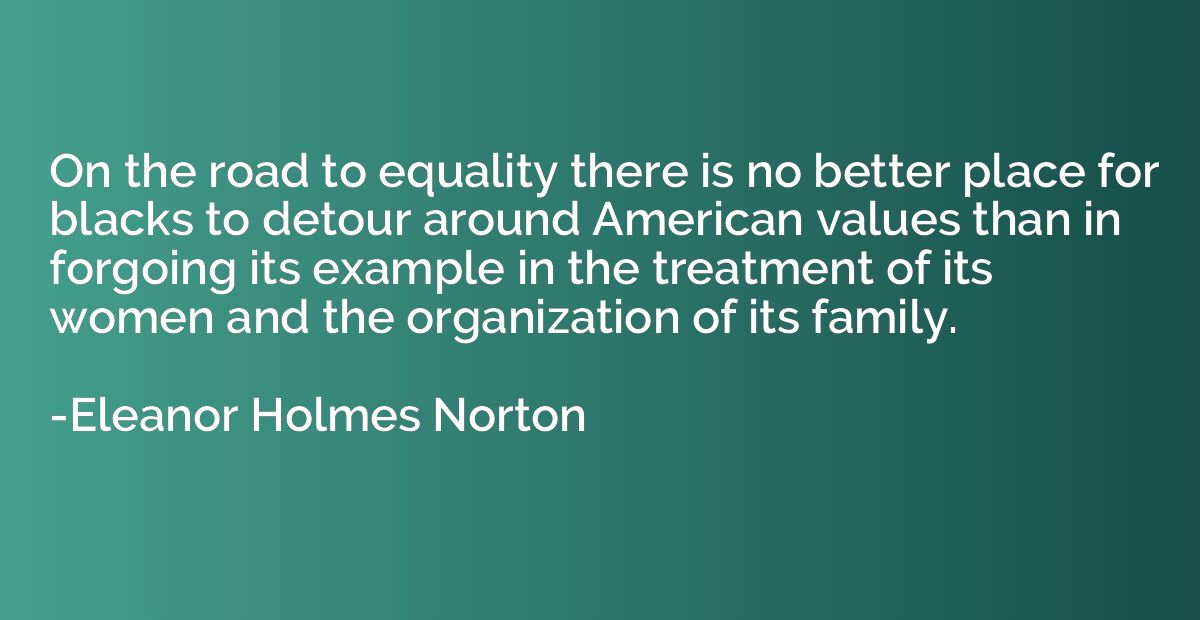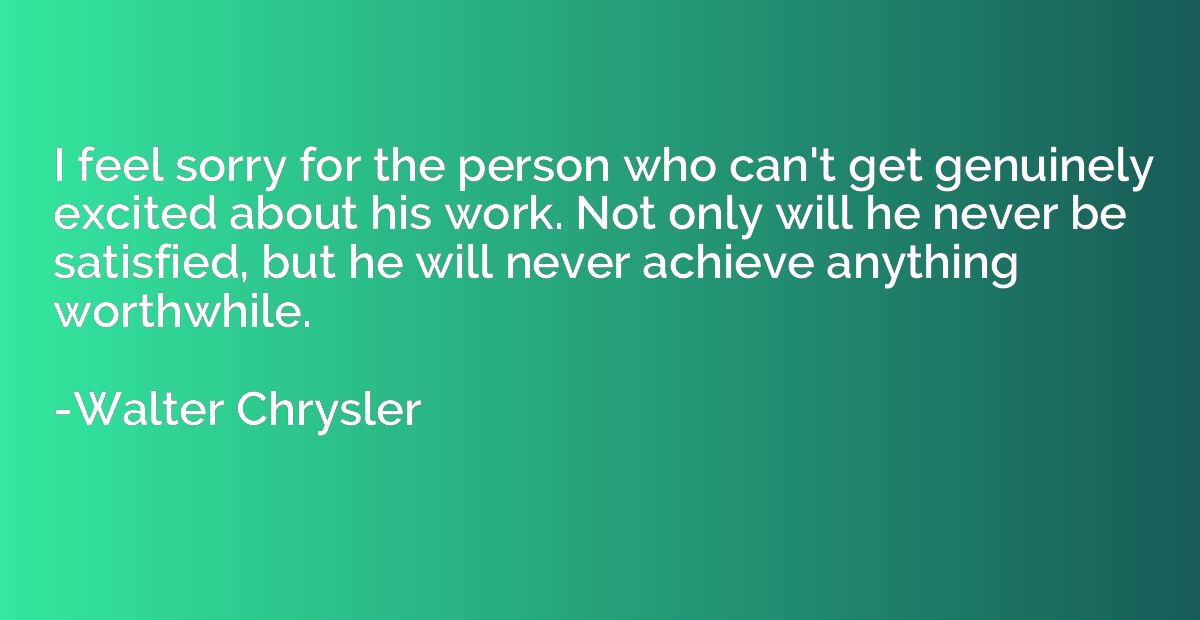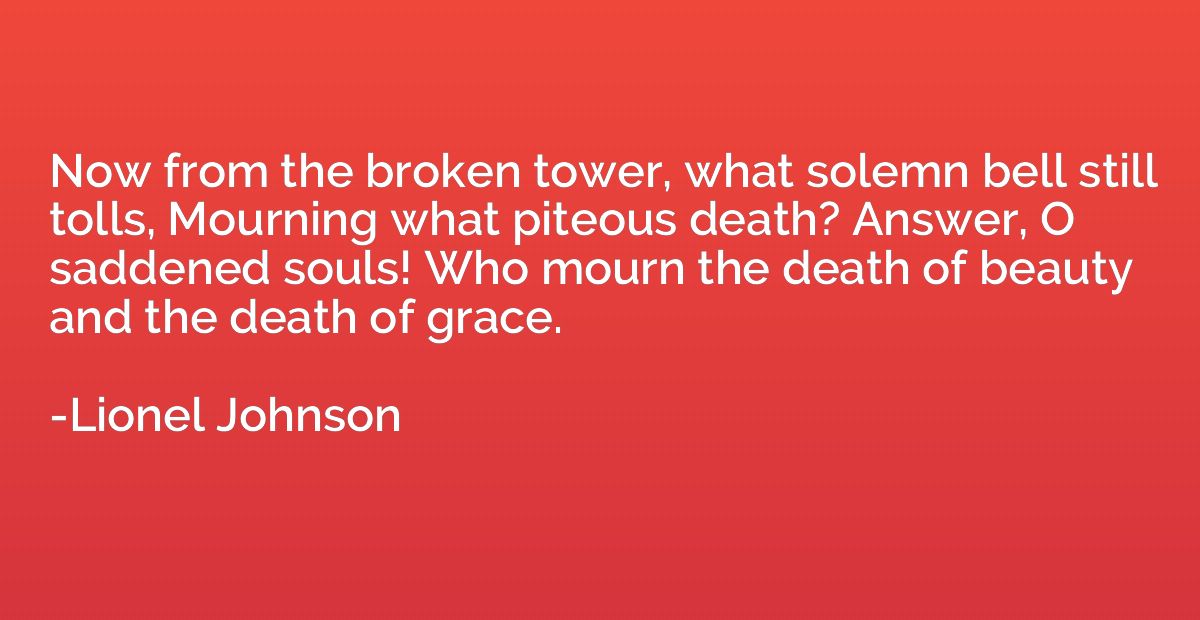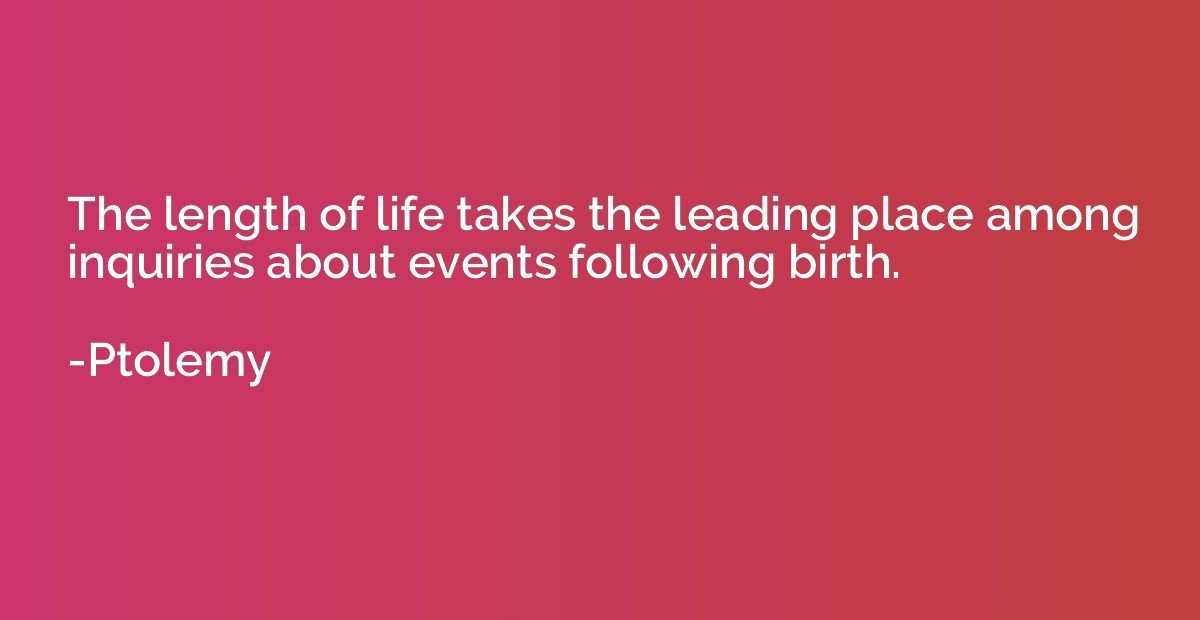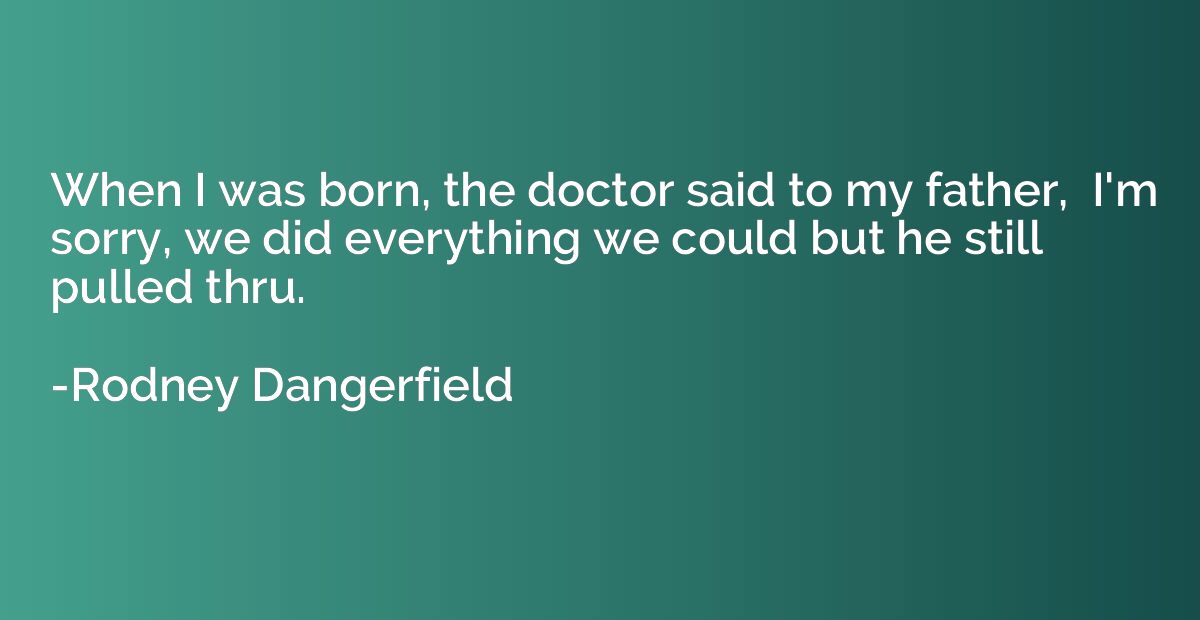Quote by Mother Theresa
We need to find God, and he cannot be found in noise and restlessness. God is the friend of silence. See how nature -- trees, flowers, grass -- grows in silence; see the stars, the moon and the sun, how they move in silence. We need silence to be able to touch souls.
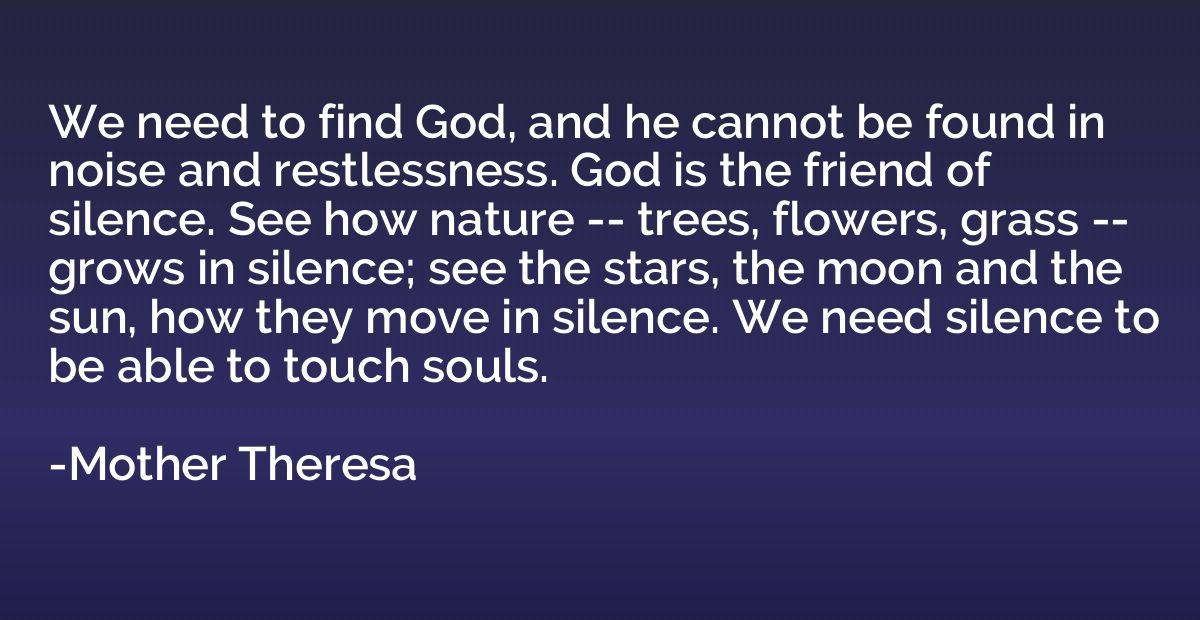
Summary
This quote emphasizes the importance of silence and stillness in our spiritual journey. It suggests that amidst the chaos and busyness of life, true connection with God can only be found in moments of silence. By observing nature, which grows and moves in tranquility, we can recognize that silence is a friend of God. It is in the absence of noise and restlessness that we create the necessary space to connect with our inner selves and touch the souls of others.



